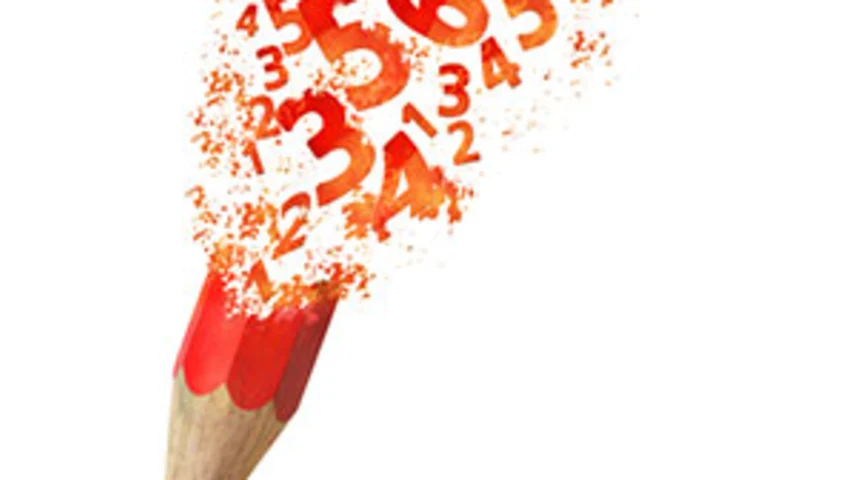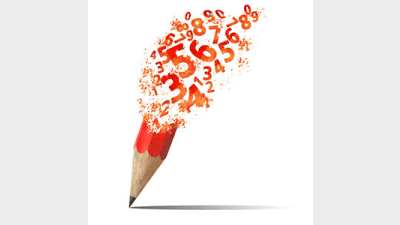Treasury uncertain on default numbers



The Federal Treasury has admitted it does not know how many default superannuation funds will ultimately be attached to industrial wards under the process currently stalled in the Fair Work Commission.
A senior Treasury official told Senate Estimates that it was not clear how many funds would be chosen with the guidelines suggesting between two and 15 funds being capable of being put on any individual award as an option.
“There is the option for the Fair Work Commission to go above 15 if that is deemed necessary by the commission,” the general manager of Treasury’s Financial System and Service Division, Meghan Quinn told the Senate Committee.
She said that the Senators on the committee might be interested that in the Productivity Commission’s review of the default fund market as part of looking at the default superannuation and modern awards.
She said the Productivity commission had looked at the number of default funds against different awards and found that there were only around 13 awards that had 11 or more superannuation funds on their default list, out of 122 awards.
Quinnn said it was not clear at this stage how many funds will be in the mix.
Recommended for you
The super fund has launched Retirement Manager, a digital advice tool helping members plan income, spending, and retirement confidence with integrated support.
APRA has warned retail super trustees that financial adviser involvement in recommending platform products does not diminish their obligations, as regulators turned the spotlight on the Shield Master Fund and First Guardian Master Fund during a meeting with fund CEOs.
AMP’s chief economist has unveiled a wish list for the Australian government’s Economic Reform Roundtable.
Australian retirees could increase their projected annual incomes between 3 and 51 per cent by incorporating personal and household data into their retirement income strategies, according to new research.









